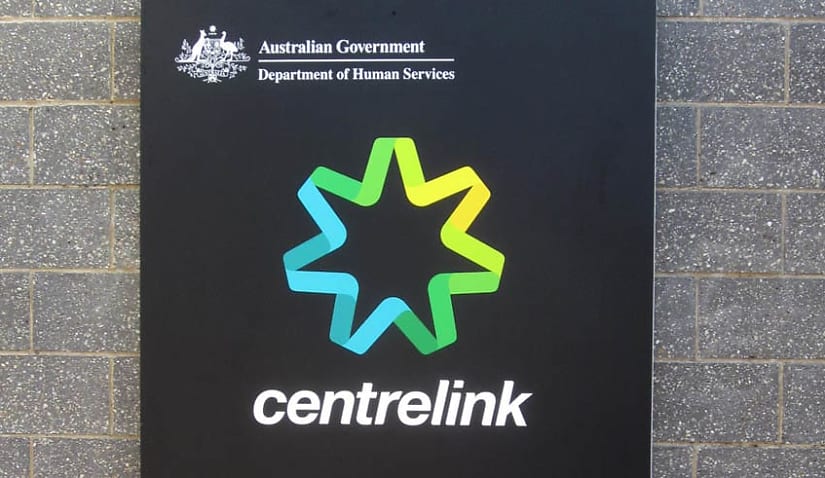A corruption body will not investigate six public officials for their roles in the “crude and cruel” robodebt system.

The National Anti-Corruption Commission (NACC) said it had carefully considered each referral and reviewed findings made by commissioner Catherine Holmes in the robodebt royal commission but would not proceed with an investigation.
“The commission has, therefore, decided not to commence a corruption investigation as it would not add value in the public interest.
“However, the commission considers that the outcomes of the robodebt royal commission contain lessons of great importance for enhancing integrity in the Commonwealth sector and the accountability of public officials,” the statement said.
In the final report, Holmes said robodebt was a “crude and cruel mechanism” that was “neither fair nor legal” and became a “costly failure of public administration, in both human and economic terms”.
Holmes referred parts of the report to the heads of various Commonwealth agencies, including the NACC.
The other bodies to receive referrals were the Australian Public Service Commission, the president of the Law Society of the ACT, and the Australian Federal Police.
The in-house teams behind the “disastrous” robodebt scheme – which caused two young men to commit suicide – were found to have taken a “remarkably passive approach to the provision of legal advice” and paid “little attention” to the social security legislation.
One of the major issues was the failure of lawyers within the Department of Human Services (DHS) and Department of Social Services (DSS) to share legal advice across departments.
This meant there was no oversight from the Attorney-General’s Office or the Office of the Legal Services Coordination (OLSC).
“As agencies with the high volume of intersecting work, you would think that advice prepared by DSS and DHS on common topics would be disclosed between the two agencies, at the very least, to avoid duplication of work,” Holmes said.
In one major example, DSS received advice from Clayton Utz on the lawfulness of using an income averaging method to determine a person’s social security debt and was told the Commonwealth could have been “unlawfully taking money from social security recipients”.
DSS did not urgently communicate this with DHS.
“Had DSS disclosed Clayton Utz advice in August 2018, given the significance of the advice to the scheme, it should have caused DHS to seek advice from the solicitor-general earlier,” Holmes said.
When DHS did communicate with the solicitor-general and was told the Commonwealth did not have a proper legal basis to raise, demand or recover asserted debts based only on income average, the DHS did not disclose this to DSS for six weeks.
Other issues included a justification of the income averaging, a failure to cite legislation, and leaving advice in draft form.
DSS’ former principal legal officer Anna Fredericks said the culture was “very siloed” and the lawyers were prevented from turning their minds “to broader risks than what was explicitly asked”.
Former DHS acting chief counsel Tim French said this culture was not “conducive to a proper examination of issues”.
Holmes said this meant the income averaging had become such a “longstanding practice” that lawyers at all levels were “unable to question it in accordance with their professional obligations”.
Annette Musolino, former chief counsel of DHS, was found to have taken “no steps” to tell executives about the need to obtain external advice “because she knew that such advice was unwanted by them”.
Holmes found Musolino also “downplayed her professional obligations to be independent and the need to independently form her own view about matters where she was providing advice”.
The Australian Broadcasting Corporation (ABC) reported Musolino resigned from her position at Services Australia – which took over the DHS – when questions were put to her about how she was able to consult for a firm that provided legal advice to government.
During the 2017 Australian Institute of Administrative Law, which Musolino attended, presented and prominent barrister Peter Hanks KC “clearly identified” the consequences of whether or not it was lawful to raise debts using income averaging on the basis that doing so was not consistent with the social security law.
Holmes said Musolino did not pass on this view because she believed the secretary of DHS “did not want such advice”.

Naomi Neilson is a senior journalist with a focus on court reporting for Lawyers Weekly.
You can email Naomi at: